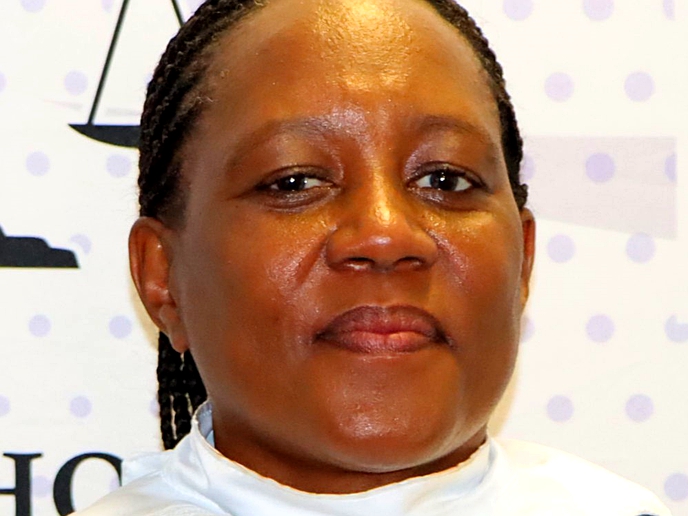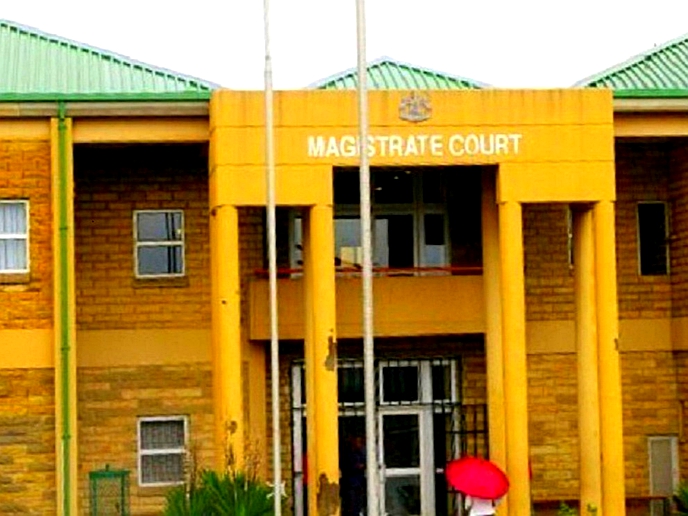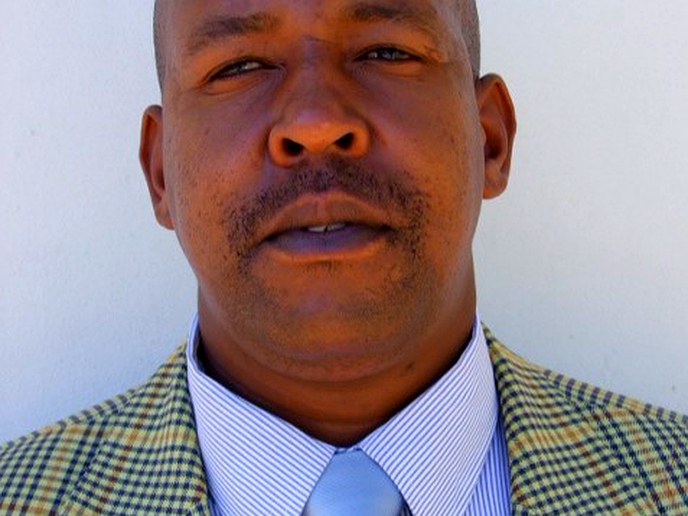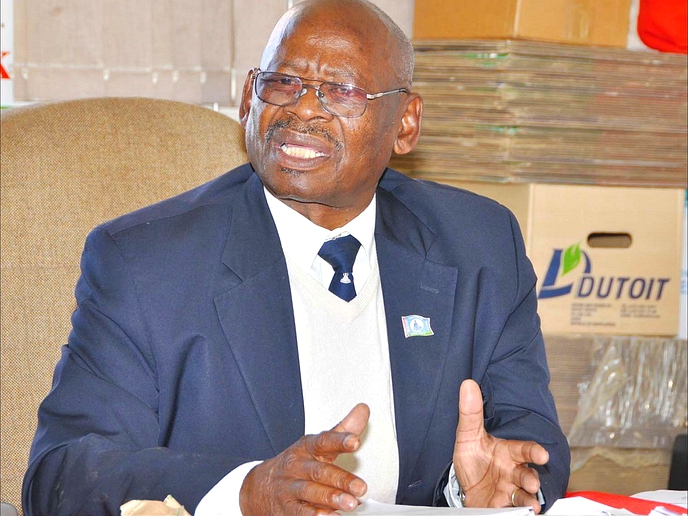THE Pietermaritzburg High Court has dismissed, with costs, an application by French arms firm Thales to challenge racketeering charges it is facing in the so-called Arms Deal fraud and corruption case, in which it is a co-accused alongside former president Jacob Zuma.
news
Jan. 24, 2021
STAFF REPORTER
6 min read
Court dismisses application linked to Arms Deal
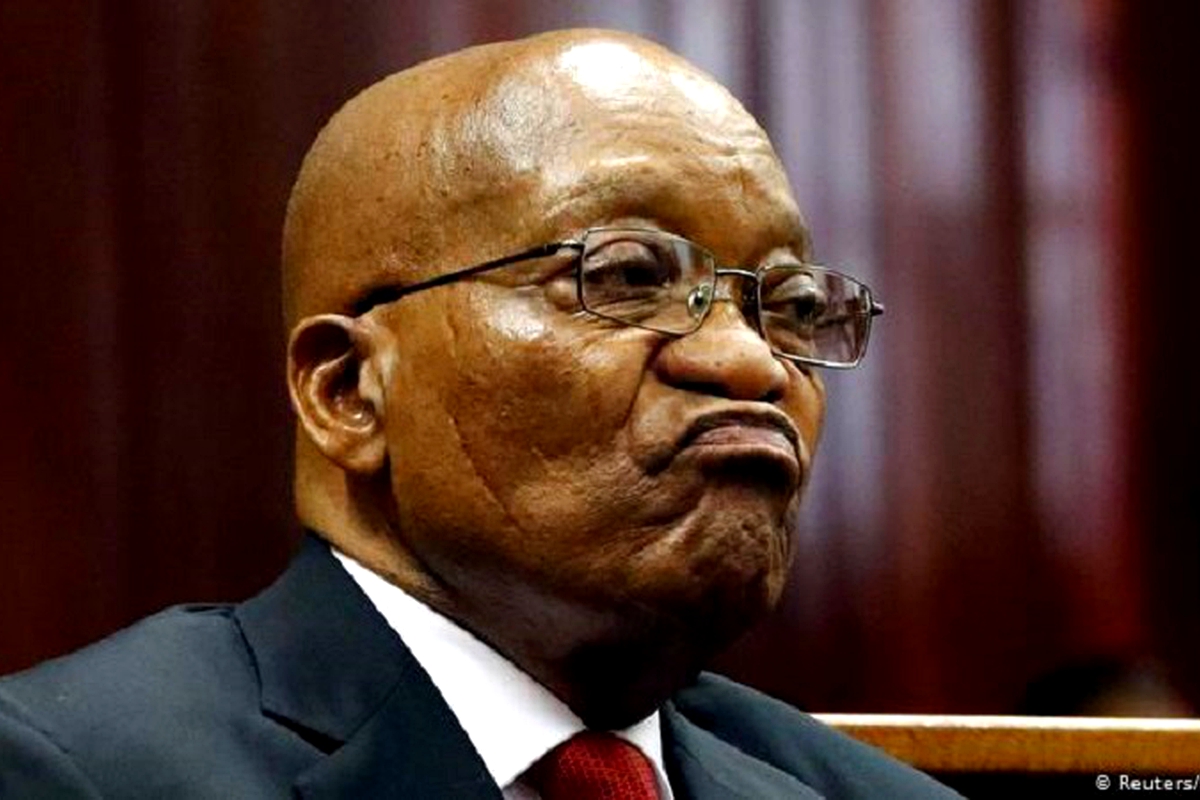
Former SA president Jacob Zuma
The panel of judges – Alsa Bezuidenhout, Mahendra Chetty and Anton van Zyl – heard the application on 26 October 2020.
In Friday’s judgment, a copy of which Daily Maverick has seen, it was found there was a “reasonable and probable cause to believe” that Thales had participated in a “pattern of racketeering” with Zuma’s former financial adviser, Schabir Shaik.
The 34-page judgment consisted mostly of background on the case, setting out timelines and previous arguments.
“In the final analysis, it is clear in my view that sufficient information was placed before the National Director for Public Prosecutions (NDPP) on which they could rationally conclude that there was reasonable and probable cause to believe that [Thales] had, directly or indirectly or with common purpose, participated in the enterprise run by Mr Shaik, through a pattern of racketeering activity compromising the planned, ongoing, continuous or repeated participation or involvement in at least two Schedule 1 offences,” said Bezuidenhout, who wrote the judgment.
The full judgment was not read out in the motion court on Friday morning, with Judge Piet Koen taking just a few minutes instead to say the case was dismissed with costs.
It is unclear whether the company will be appealing the judgment. If not, the trial against Zuma (accused one) and Thales (accused two) will finally go ahead, probably in 2021.
Zuma faces one count of racketeering, two corruption, one of money laundering and 12 of fraud for allegedly receiving bribe money from Thales via Shaik.
Thales faces one count of racketeering, two of corruption and one of money laundering.
National Prosecuting Authority spokesperson Sipho Ngwema said after the partial judgment was delivered: “The NPA welcomes the decision of the High Court of South Africa: KwaZulu-Natal Division, Pietermaritzburg to dismiss the application of the French arms company Thales, challenging racketeering charges against it. We look forward to the criminal hearing.”
During the October application, advocate Barry Roux SC, acting for Thales, tried to persuade the judges there was no evidence it had taken part in racketeering activities.
The company had argued that it had a legitimate business relationship with Shaik.
Thales also contended it was unaware that Shaik was financing Zuma’s lifestyle via a corrupt “retainer”.
Thales secured a R2.6-billion contract as part of the German Frigate Consortium to provide combat suites for the South African Navy’s four MEKO class frigates as part of the 1999 Strategic Defence Procurement Package, known as the Arms Deal.
Intertwined into this deal were several politically connected black economic empowerment partners, including Shaik and his company, Nkobi Holdings.
Roux told the full bench in October that Thales’ submissions filed with the court showed there was no evidence connecting it to a racketeering charge along with Zuma.
In the criminal case both are facing, Thales is alleged to have paid off Zuma, via Shaik, for political support in securing the deal, and for protection from investigation and prosecution.
Zuma is accused of having benefited from 783 payments from Shaik, who in turn received some, if not all, of the money from Thales.
Enjoy our daily newsletter from today
Access exclusive newsletters, along with previews of new media releases.
Roux told the court the money paid to Shaik and his companies was “[Thales’] own money” and not “the proceeds of crime”. In other words, Thales had no idea that Shaik and Zuma had a corrupt relationship, and its deals with Shaik were thus legitimate.
“Why does the State want to charge Thales with Zuma when they do not know anything about these payments? Shaik conducted that enterprise which engaged in a pattern of racketeering activities. From 1995 to March 2000 there is no evidence that Thales was aware of these payments [to Zuma] let alone that it participated,” said Roux.
He said the court was “obliged to intervene, as the prosecution will be irrational and arbitrary”.
Key to the argument presented by Roux was a 2007 Prosecution Memorandum sent to the NDPP’s office where the State conceded that the allegations against Thales “remains one of the weakest aspects of this case, as it relies predominantly [on] inferences rather than direct evidence, and is accordingly vulnerable to… criticism”.
The State’s heads of argument, however, contend that Thales was aware of every payment Shaik made to Zuma.
According to the state: “The evidence… supports a defensible inference that by 1998, at the latest, the Thales group officials controlling Thales SA were aware that Mr Shaik and Nkobi [Holdings] had Mr Zuma on a ‘retainer’ in exchange for which Mr Zuma had used and would use his influence and political connectedness to benefit them and their business associates (like the Thales group), and that the Thales group officials not only went along with the situation but actively sought Mr Zuma’s assurance that its association with Mr Shaik and Nkobi would inure to the benefit of the Thales group in its business dealings in South Africa, in particular, its then intended participation in the arms deal as the supplier of the combat suite for the corvettes”.
Arguing for the State, Wim Trengrove SC said Thales agreed to pay Zuma so he would protect the company. “Not only did they conspire to conceal past bribes, but they joined in future bribes. They knew Shaik was bribing Zuma.”
Shaik was found guilty of two counts of corruption and one of fraud in 2005, and sentenced to 15 years in prison. He was released on medical parole in 2009.
Thales’ response to Friday’s judgment had not been received by Daily Maverick at the time of publication. DM
Tailored for you



